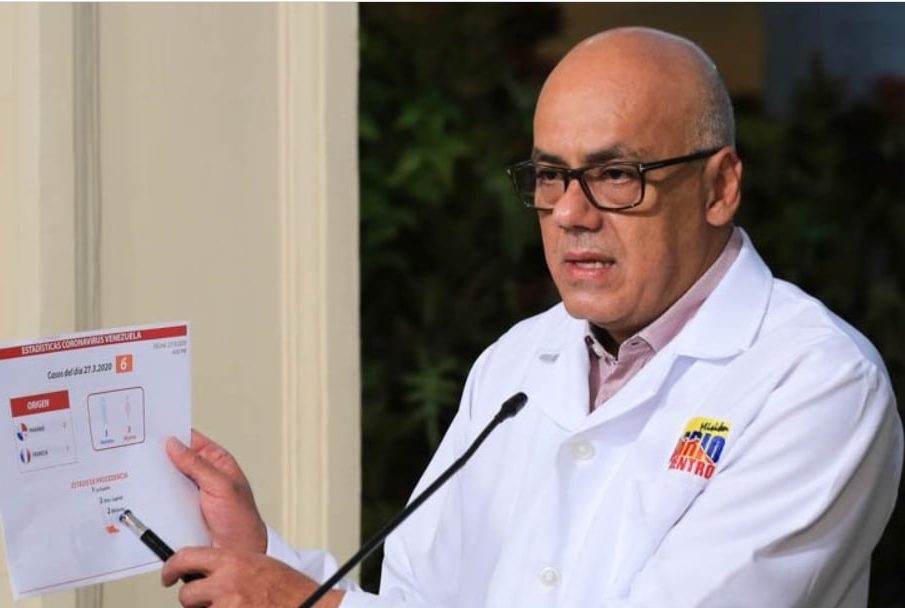Jorge Rodríguez: A Key Figure in Venezuelan Politics

Introduction
Jorge Rodríguez has emerged as a significant player in the landscape of Venezuelan politics. As the President of the National Assembly and a notable member of the ruling United Socialist Party of Venezuela (PSUV), Rodríguez’s actions and decisions shape both domestic policy and international relations. With Venezuela facing a crisis of governance, human rights issues, and economic challenges, understanding Rodríguez’s role is crucial for those monitoring Latin American politics.
Current Developments
As of October 2023, Jorge Rodríguez continues to be at the forefront of discussions regarding political negotiations in Venezuela. Recent talks, facilitated by international actors including Norway, aim to address the ongoing economic and humanitarian crises. Rodríguez has been vocal in expressing the government’s openness to dialogue while also advocating for sanctions relief as a precondition for successful negotiations. His insistence on sovereignty and respect for the Venezuelan state’s autonomy reflects the PSUV’s long-standing narrative against foreign intervention.
In September 2023, Rodríguez hosted a series of meetings with opposition leaders and civil society representatives. These sessions emphasized the government’s readiness to work towards electoral reforms and improve conditions for future elections. Although the opposition remains skeptical of Rodríguez’s intentions and the sincerity of the government’s offers, these diplomatic efforts signal a possible thawing of tensions within Venezuela’s political sphere.
Impact on Venezuelan Society
Rodríguez’s influence extends beyond legislative matters; he has played a pivotal role in shaping the government’s response to critical social issues. For instance, amidst the widespread shortages of food and medicine, Rodríguez has advocated for subsidized initiatives aimed at alleviating the plight of the average Venezuelan. Critics argue, however, that these measures are inadequate given the scale of the crisis and often serve as a façade to maintain political power.
The youth and socio-political movements in Venezuela view Rodríguez with a mix of admiration and skepticism. While many acknowledge his charisma and oratory skills, there is a growing demand for accountability and true democratic engagement in the country’s governance.
Conclusion
As Jorge Rodríguez navigates these complex political waters, both domestic and international observers will be watching closely. His leadership is critical to understanding the future of Venezuela amidst ongoing economic turmoil and political unrest. The outcomes of ongoing dialogues and the government’s ability to implement genuine reforms could significantly influence not only Rodríguez’s political career but also the broader trajectory of Venezuela’s democracy. Whether he can transition from a figure of division to one of unity will be a determining factor for the country’s future.









